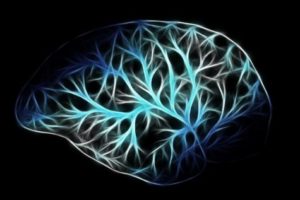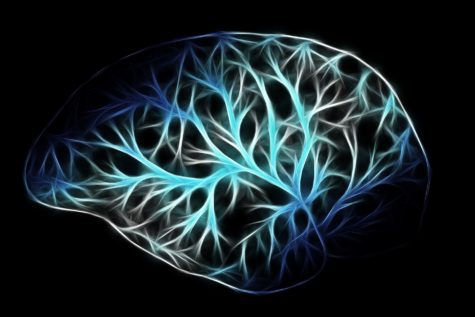VANCOUVER — We often think about brain health when it comes to preventing Alzheimer’s disease, but a new study finds that the best way to protect yourself from developing the condition may be by targeting other organs.
Researchers at the University of British Columbia conducted a study with mice, discovering the ease with which a protein associated with the development of Alzheimer’s — known as amyloid-beta — could spread from a mouse’s body to its brain.

“Alzheimer’s disease is clearly a disease of the brain, but we need to pay attention to the whole body to understand where it comes from, and how to stop it,” says Dr. Weihong Song, the study’s lead researcher, in a university news release.
For their experiment, one normal mouse was surgically attached to another mouse through a procedure known as parabiosis, which allows two specimens to share the same blood supply. The other mouse was genetically altered to possess high levels of amyloid-beta.
Within a year’s time, the normal mouse had begun to develop Alzheimer’s, as the amyloid-beta proteins had spread from their symbiotic host.
The researchers note that mice, under natural conditions, are not known to develop Alzheimer’s, which is a precursor to dementia.
Newly-infected mice not only demonstrated a buildup of amyloid-beta proteins, but there were signs that suggested their neurological pathways had been filled with “tangles” of the protein, destroying brain cells.
These mice also displayed other symptoms associated with Alzheimer’s-related damage, such as brain cell degeneration, inflammation, and microbleeds. Even after four months of exposure to amyloid-beta, many normal mice began showing signs of cognitive impairment, the researchers found.
While it was previously known that amyloid-beta can be found outside of the brain, no research had established whether its presence elsewhere could impact the functioning of our third-largest organ.
“The blood-brain barrier weakens as we age,” explains Song. “That might allow more amyloid beta to infiltrate the brain, supplementing what is produced by the brain itself and accelerating the deterioration.”
He believes that a future drug that attached itself to deposits of the protein throughout the body could be effective, allowing the kidney or liver to flush it out.
The study’s findings were published Tuesday in the journal Molecular Psychiatry.
